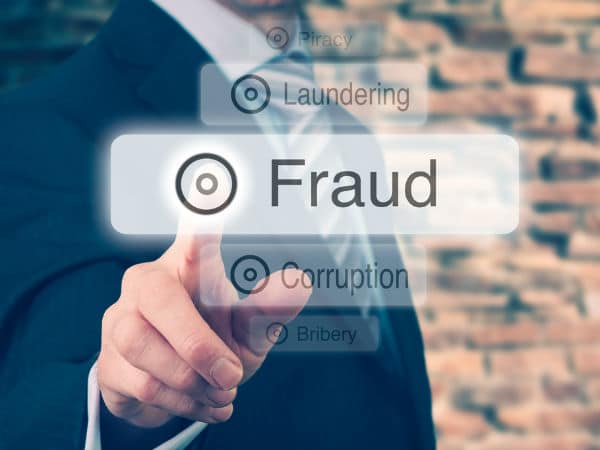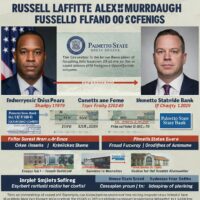Advance Fee Schemes
An advance fee scheme occurs when the victim pays money to someone in anticipation of receiving something of greater value—such as a loan, contract, investment, or gift—and then receives little or nothing in return.
The variety of advance fee schemes is limited only by the imagination of the con artists who offer them. They may involve the sale of products or services, the offering of investments, lottery winnings, “found money,” or many other “opportunities.” Clever con artists will offer to find financing arrangements for their clients who pay a “finder’s fee” in advance. They require their clients to sign contracts in which they agree to pay the fee when they are introduced to the financing source. Victims often learn that they are ineligible for financing only after they have paid the “finder” according to the contract. Such agreements may be legal unless it can be shown that the “finder” never had the intention or the ability to provide financing for the victims.
Tips for Avoiding Advanced Fee Schemes:
If the offer of an “opportunity” appears too good to be true, it probably is. Follow common business practice. For example, legitimate business is rarely conducted in cash on a street corner.
- Know who you are dealing with. If you have not heard of a person or company that you intend to do business with, learn more about them. Depending on the amount of money that you plan on spending, you may want to visit the business location, check with the Better Business Bureau, or consult with your bank, an attorney, or the police.
- Make sure you fully understand any business agreement that you enter into. If the terms are complex, have them reviewed by a competent attorney.
- Be wary of businesses that operate out of post office boxes or mail drops and do not have a street address. Also be suspicious when dealing with persons who do not have a direct telephone line and who are never in when you call, but always return your call later.
- Be wary of business deals that require you to sign nondisclosure or non-circumvention agreements that are designed to prevent you from independently verifying the bona fides of the people with whom you intend to do business. Con artists often use non-circumvention agreements to threaten their victims with civil suit if they report their losses to law enforcement.















